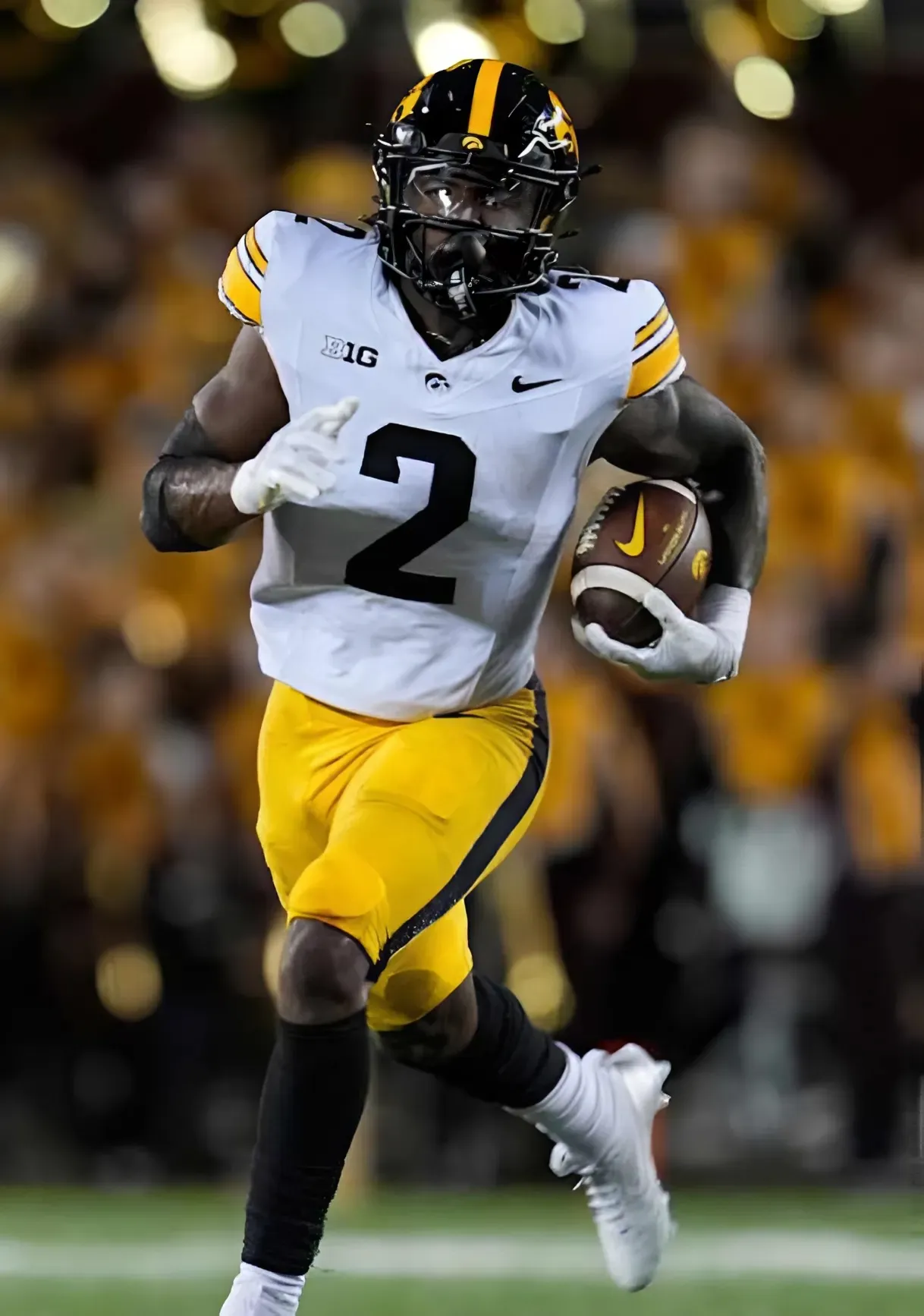
Matvei Michkov didn’t need a Calder Trophy nomination to prove he belongs in the NHL.
While the hockey world buzzed about top rookies this season, the 20-year-old Philadelphia Flyers forward compiled an impressive first campaign—electrifying crowds with his creativity, igniting plays with his vision, and, most importantly to him, making strides that go well beyond stat sheets.
In typical Michkov fashion, he met the news of not being named a Calder finalist with the same cool composure he tried to bring to every shift on the ice.
“I’m not sure,” Michkov said when asked how he felt about the omission in a new interview with RG. “I guess I should’ve played better so there’d be no doubt who the best rookie was. But it is what it is. It won’t change how I approach things.”
This was a season of firsts for Michkov—his first in North America, his first time adjusting to a completely different language and culture, and his first test against the grind of an 82-game NHL schedule. Still, he delivered. While others drew more headlines, Michkov steadily proved why he’s considered one of the most gifted young players in the world. He flashed high-end offensive instincts, blended skill with a dogged work ethic, and grew into his role with the Flyers as the season progressed.
“Of course, I feel I could’ve scored more points and played better in some moments—there were plenty of chances that I didn’t finish,” he said. “I didn’t have any specific numbers in mind before the season started, because I didn’t know what to expect. New country, new people. My main goal was to show what I can do and enjoy every game. Sometimes it worked out, sometimes it didn’t. But now my focus is to train well in the offseason, get stronger, and help the team make the playoffs. That’s our main goal.”
It’s that consistent team-first attitude that has quickly earned Michkov respect in the Flyers’ locker room. His skill is undeniable, but it’s his mindset that may truly set him apart. Even after a strong rookie season—one that might’ve made him a Calder finalist or even winner in a different year—Michkov has no interest in personal accolades. He’s already looking ahead to what matters most to him: team success.
“Yes—make the playoffs first,” Michkov said when asked about his goals for Year 2. “Then try to win the Stanley Cup. Personally, I’m not setting any specific numbers. The only goal I have is a team goal, and I’ll do everything I can to reach it.”
That doesn’t mean Michkov wasn’t paying attention to his peers. The NHL’s rookie class this year was stacked with talent, from physical defensemen to crafty playmakers. Michkov singled out Montreal Canadiens blueliner and Calder favorite Lane Hutson as someone who caught his eye.
“I didn’t follow [the other rookies] closely, but the media talked about it a lot, so it was impossible to ignore," he admitted. "Lane Hutson had a really strong season. He scored a lot and was great on the powerplay. I really like his game. I actually saw him back in 2020 at the Winter Youth Olympics. I told [Washington Capitals prospect] Ivan Miroshnichenko at the time, ‘Watch that guy—he’s going to make it.’ And now he’s playing the same way in the NHL. I’m happy for him.”
But Michkov is more focused on how he can take the next step. With his rookie season behind him, the Russian forward is focused less on what he can change and more on how he can refine his approach. It’s not about altering his game—it’s about maturing his mindset.
“Honestly, I’d do everything the same,” he said. “Hockey is hockey. The only difference is that now I’ve learned to stay calmer. When you’re calm, things start to go your way—your game, your life. When I was younger, I couldn’t always control my emotions. I wasted too much energy. That’s the only thing I’d change. Even though it’s hard to stay calm all the time, that’s what I’m working on.”
That level of introspection is relatively rare in a player so young. But then again, Michkov has always carried himself a bit differently than most 20-year-old players. He doesn’t need individual trophies to validate his place in the league. He’s shown what he can do—and more importantly, he knows what he still wants to become.

-1748186532-q80.webp)

-1749614504-q80.webp)